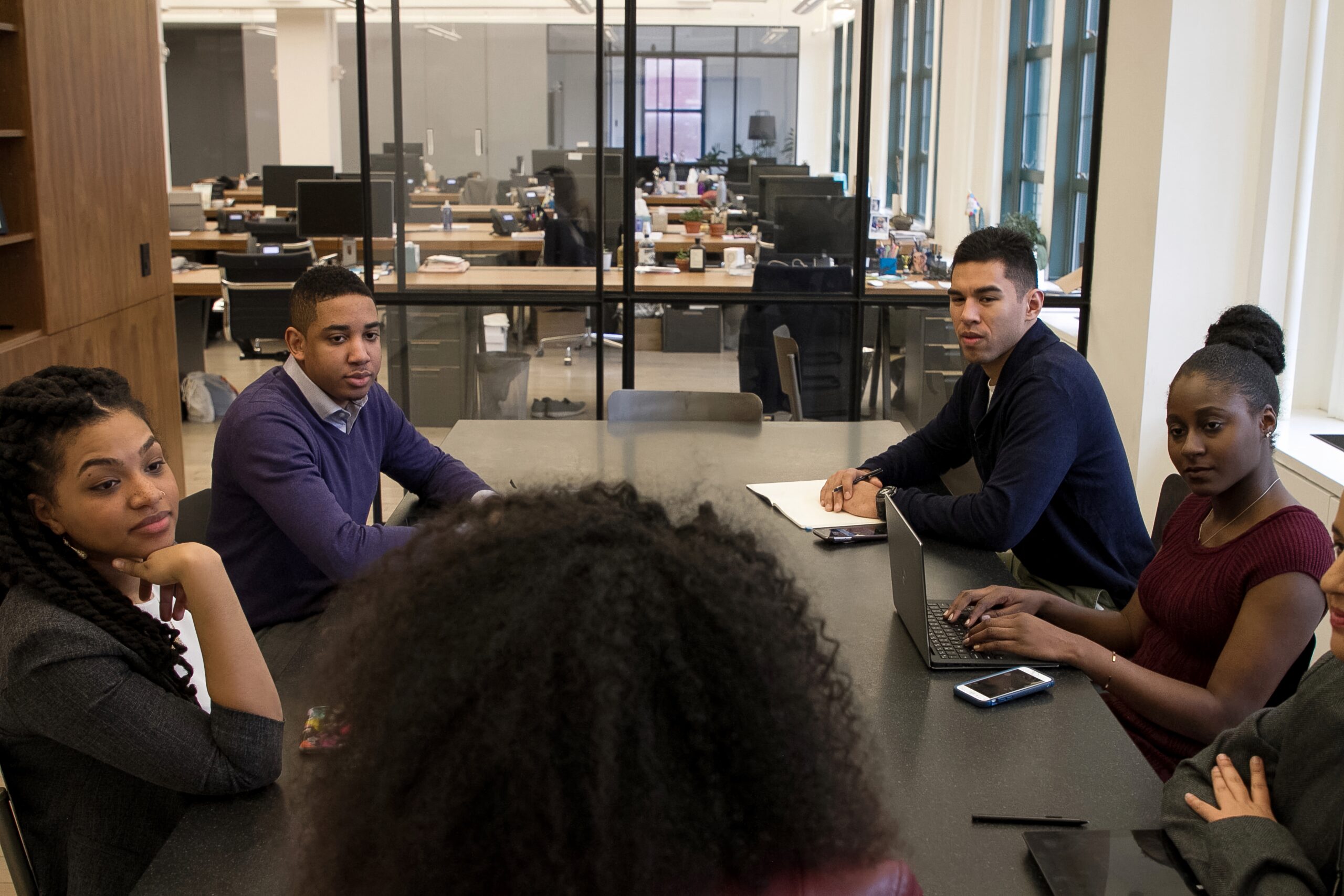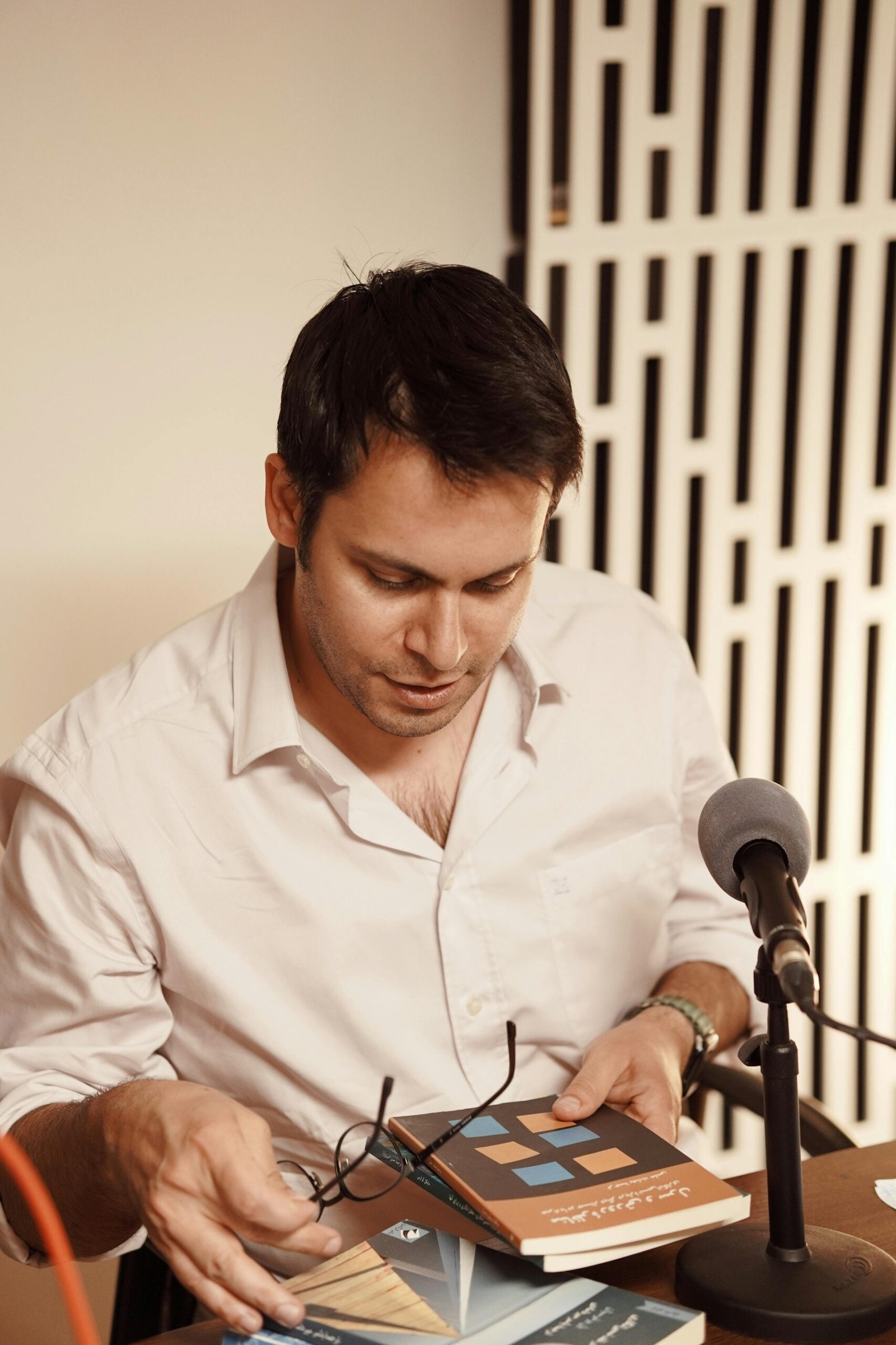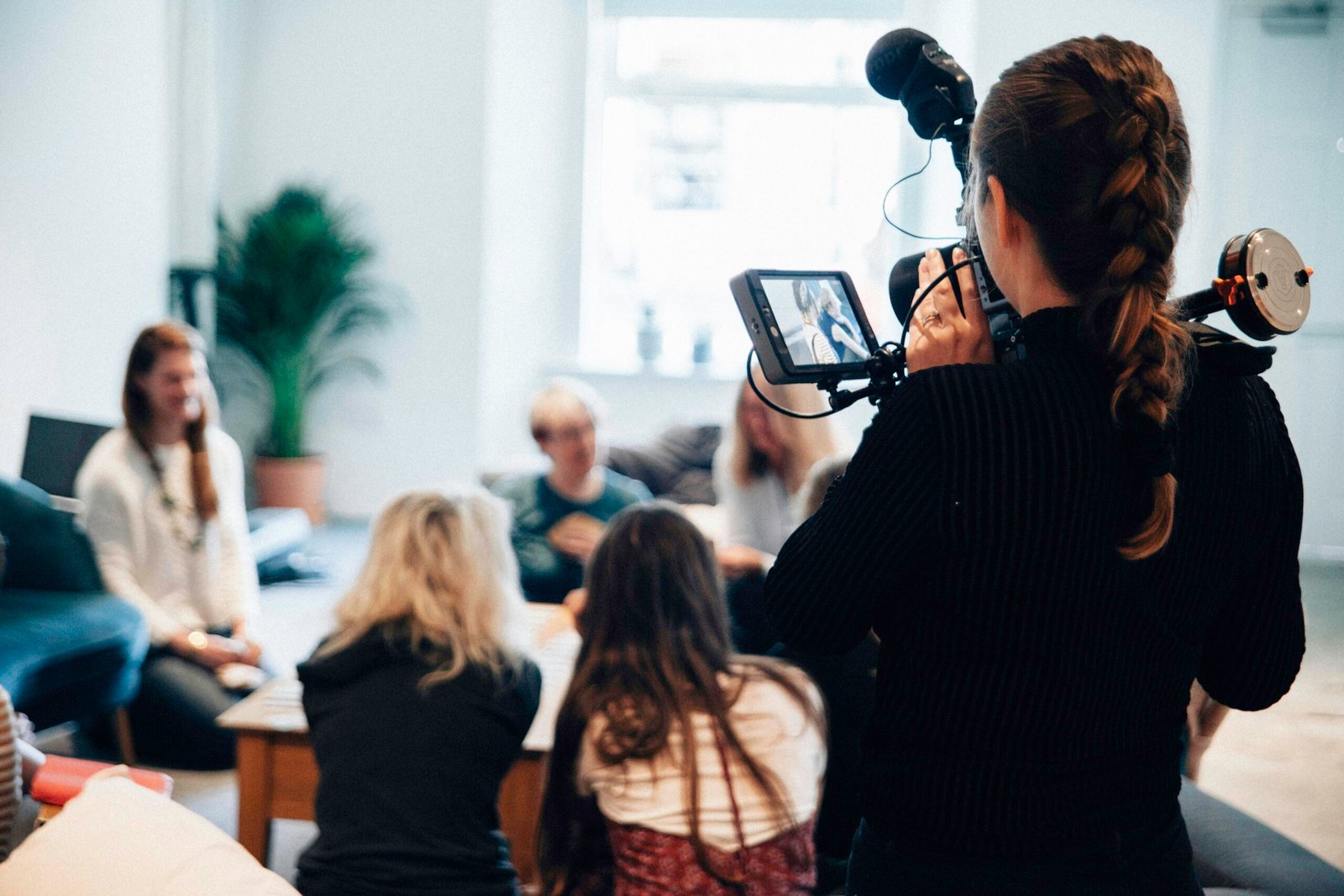In the frustrating world of job interviews, sometimes things don’t go as planned. You apply for a job based on a promising job description, only to find out during the interview that the role is completely different. Should you stick it out and wait for an offer, hoping to negotiate your way into the job you actually want? Or is it better to withdraw from the interview process altogether? According to Alison Green, a writer for Ask a Manager, withdrawing from a hiring process when you realize you wouldn’t accept the job is a normal and professional action. It won’t make you look bad, and it’s actually more considerate to the employer. Plus, waiting for an offer to negotiate a different position is unlikely to succeed. So go ahead and trust your instincts – withdrawing can be the best move for both parties involved.
Reasons to Withdraw from an Interview Process
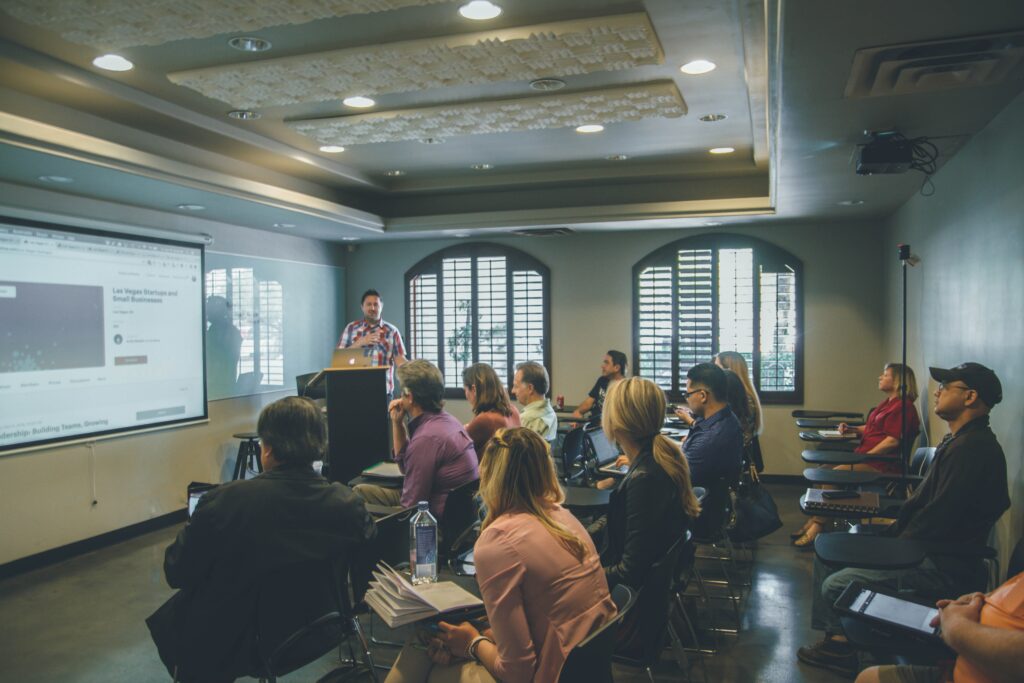
Realizing the job isn’t what you’re looking for
Sometimes, during the interview process, you may gain more insight into the details of the job that make you realize it’s not the right fit for you. This could be due to discrepancies between the job description and what is discussed in the interview or simply a change in your own preferences. It’s important to remember that you want to find a job that aligns with your career goals and interests. If you discover that the job isn’t what you’re looking for, it may be a valid reason to withdraw from the interview process.
Saving time for yourself and the employer
Withdrawing from an interview process can be a time-saving decision for both you and the employer. If you know early on that you wouldn’t accept the job, continuing with the interview process would only waste your time and the employer’s resources. By withdrawing, you allow both parties to redirect their efforts towards more suitable opportunities. This can help you focus on finding the right job and save the employer the hassle of considering candidates who are not genuinely interested in the position.
Maintaining professionalism
Withdrawing from an interview process does not make you look bad or unprofessional. In fact, it is considered a normal and acceptable practice in the hiring process. Hiring managers understand that candidates need to make informed decisions about their career and may not accept every job offer that comes their way. By withdrawing in a polite and timely manner, you demonstrate professionalism and respect for the employer’s time and resources.
Misrepresentation of the Job
Discrepancy between job description and interview
One of the reasons you may choose to withdraw from an interview process is if there is a significant discrepancy between the job description and what is discussed during the interview. This misrepresentation can leave you feeling confused and disappointed, as the job you thought you were applying for turns out to be different. It’s important to have clarity and transparency in the hiring process, and when that is missing, it may be a red flag that the job may not be what you initially believed it to be.
Feeling disappointed and angry
Discovering that the job you applied for is not what you expected can be frustrating and even angering. You put time and effort into applying for the position, preparing for the interview, and potentially taking time off from your current job for the interview process. Feeling disappointed and angry is a natural reaction when your expectations are not met. By withdrawing from the interview process, you can mitigate these negative emotions and redirect your focus towards finding a job that truly aligns with your goals and interests.
Wasting time and effort
Engaging in an interview process for a job that you wouldn’t accept can be a waste of time and effort for both you and the employer. It takes time to research the company, prepare for the interviews, and go through the various stages of the hiring process. By withdrawing early on, you can avoid investing further time and effort in pursuing a job that is not a good fit for you. Additionally, withdrawing allows the employer to reallocate their resources to candidates who are genuinely interested in the position.
Family Member’s Advice
Negative reaction to withdrawing from consideration
It’s not uncommon for family members or friends to have their own perspectives and opinions on job-related matters. In this case, your family member had a negative reaction to your decision to withdraw from the interview process. It’s essential to consider their viewpoint, but ultimately, the decision should be based on what you believe is best for your career and personal circumstances.
Questioning the motive behind the withdrawal
Your family member may have questioned the motive behind your decision to withdraw, suggesting that you may be trying to “stick it to” the interviewer or make a point. It’s important to clarify your intentions and ensure that your decision to withdraw is based on valid reasons, such as a lack of job fit or misrepresentation of the job. By explaining your thought process and motivations, you can address any concerns your family member may have.

Suggesting negotiation after receiving an offer
Your family member suggested that you wait for an offer before withdrawing, in the hopes that you may be able to negotiate your way into a different job within the company. While this may be a possibility in some rare cases, it is not the norm. Negotiating a completely different job after receiving an offer is unlikely, and it’s important to be realistic about the options available to you. If the job is not what you’re looking for, withdrawing from the process early on can save you and the employer valuable time and effort.
Withdrawal as a Normal Practice
Common occurrence in the hiring process
Withdrawing from an interview process is a common occurrence in the hiring process. Candidates may withdraw for various reasons, such as finding a better fit elsewhere, changing career plans, or personal circumstances. Employers understand that not every candidate will be the right fit for the role, and they expect some level of candidate attrition during the hiring process. It is a normal part of the process, and it is better to withdraw early on if you know the job is not for you.
Professional and acceptable action
From an employer’s perspective, it is both professional and acceptable for a candidate to withdraw from the interview process when they realize the job is not a fit. It shows that the candidate has thoughtfully considered their career goals and preferences and is proactively making decisions to find the right fit. Withdrawing in a professional manner, such as sending a polite email explaining your decision, demonstrates respect for the employer’s time and resources.
Employers’ perspective on withdrawals
Employers understand that not every candidate will be the right fit for their organization or the specific role they are hiring for. They expect a certain level of withdrawals throughout the hiring process and view it as a normal part of recruiting. Employers prioritize finding candidates who are genuinely interested and enthusiastic about the job. By withdrawing from the interview process, you allow the employer to redirect their resources to other suitable candidates and ensure they find the best fit for the role.
Impact of Withdrawal
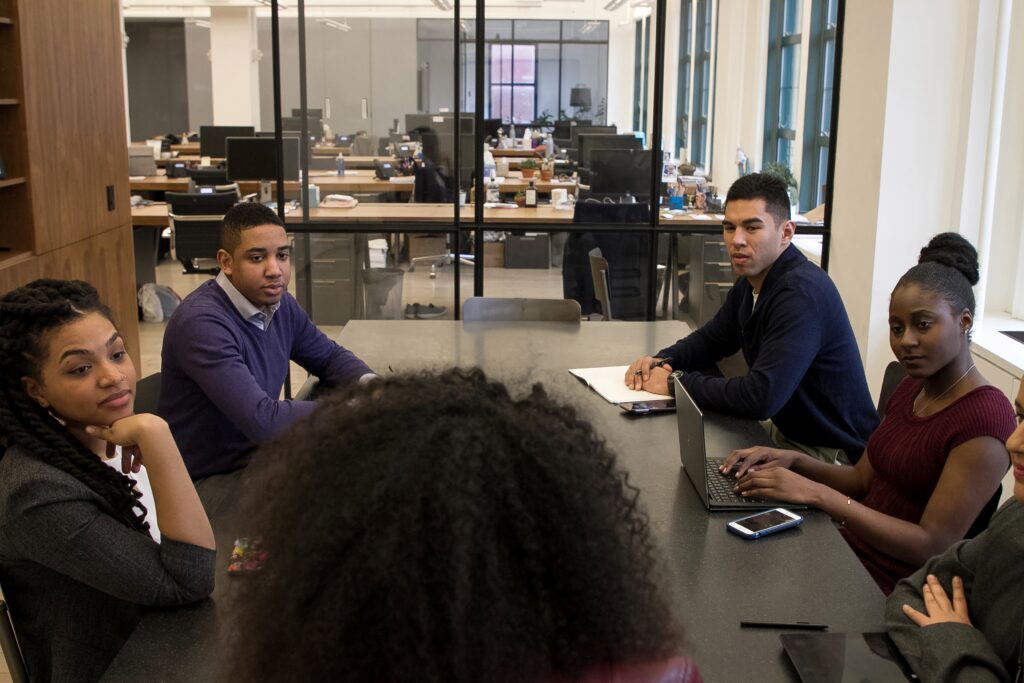
Not making a negative impression
Contrary to what your family member suggested, withdrawing from an interview process does not make you look bad or create a negative impression. Employers appreciate candidates who are honest and transparent about their intentions. By withdrawing early on, you save both your time and the employer’s time, which is seen as a considerate and professional action. It’s better to withdraw than to continue with the process and potentially waste everyone’s time on a job that is not a good fit.
Allowing the employer to redirect their resources
When you withdraw from an interview process, you allow the employer to redirect their resources to other candidates who may be better suited for the role. From an employer’s perspective, it’s more efficient and effective to focus on candidates who are genuinely interested and qualified for the position. By withdrawing, you help streamline the hiring process and enable the employer to allocate their time, effort, and attention to other potentially strong candidates.
Avoiding wasting both parties’ time
Continuing with an interview process for a job that you wouldn’t accept is a waste of time and effort for both you and the employer. It takes time to prepare for interviews, attend meetings, and complete any additional assessments or tasks. By withdrawing early on, you avoid investing further time and effort in pursuing a job that is not the right fit. This allows you to focus on other opportunities that align with your goals, and it enables the employer to dedicate their resources to candidates who are genuinely interested in the position.
Negotiating a Different Job
Rare opportunity for negotiation
While it is rare, there may be instances where you can negotiate a different job within the company after receiving an offer. This usually happens when the employer is highly interested in you and has unfilled needs that align with your skills and qualifications. However, it’s essential to be realistic about the likelihood of this happening. Most employers have a specific role in mind when they make an offer, and deviating from that may not always be feasible. It’s important to weigh the pros and cons and consider the risks before deciding to negotiate for a different job.
The likelihood of creating a new position
Negotiating a different job within the company may depend on various factors, such as the employer’s current needs, the company’s structure, and your qualifications. Some organizations may be more open to creating a new position if they see the potential value you can bring. However, this is not a common occurrence, and it’s important to manage your expectations. It’s essential to have open and transparent communication with the employer throughout the negotiation process to understand if creating a new position is a possibility.
The importance of job fit
Job fit is a crucial aspect of career satisfaction and success. It’s important to find a job that aligns with your skills, interests, and long-term career goals. If the job you interviewed for does not meet these criteria, it’s essential to consider whether negotiating for a different position within the same company would truly address your needs. While it may be tempting to explore all options, it’s crucial to evaluate the job fit of the new role as well. Ensuring alignment with your career aspirations should be a priority.
Ending an Interview Early
Recognizing the job isn’t a fit
In some cases, it may become evident during the interview that the job is not a fit for your skills, interests, or career goals. This realization can happen at any point during the interview process, and it’s important to trust your instincts. If you have a strong sense that the job isn’t suitable for you, it may be appropriate to end the interview early. Politely expressing that you’ve realized the role isn’t what you’re looking for shows self-awareness and respect for both your time and the interviewer’s time.
Benefits and considerations
Ending an interview early when you realize the job isn’t a fit can have various benefits and considerations. By not prolonging the interview process, you save both your time and the employer’s time. This allows you to redirect your efforts towards other opportunities that align with your career goals. Additionally, politely ending the interview can help maintain a positive impression. While it’s essential not to burn bridges, being honest about your realization ensures that both parties can focus on finding the best fit.
Polite and professional approach
When deciding to end an interview early due to a lack of job fit, it’s crucial to do so in a polite and professional manner. Express your gratitude for the opportunity and acknowledge the time and effort invested by the interviewer. Politely explain that based on the information shared during the interview, you have come to the conclusion that the job isn’t a fit for your skills and career goals. By maintaining a polite and professional approach, you ensure that you leave a positive impression and maintain respectful communication.
Considering Personal Circumstances
Assessing the need for a job
Personal circumstances play a significant role in career decisions. Assessing your need for a job is essential when considering whether to withdraw from an interview process. If you have an urgent need for employment, you may be more inclined to pursue opportunities even if they are not an ideal fit. On the other hand, if you have the flexibility to be selective and prioritize finding the right job, withdrawing from an interview process when you realize it’s not a fit may be a viable option. Consider your financial situation, commitments, and long-term career aspirations when making this decision.
Weighing options and alternatives
Before deciding to withdraw from an interview process, it’s important to weigh your options and consider alternatives. Evaluate other job prospects and assess how they align with your career goals and interests. If you have multiple opportunities available, withdrawing from an interview process that is not a fit becomes a more viable option. However, if you have limited options or are in a competitive job market, you may need to consider carefully whether withdrawing is the best decision for your current circumstances.
Risk and reward analysis
Withdrawal from an interview process, like any career decision, comes with its own set of risks and rewards. Analyze the potential risks and rewards of withdrawing versus continuing with the process. This can include factors such as the impact on your reputation in the industry, the potential for future opportunities with the same company, and the overall alignment with your career aspirations. Understanding the potential risks and rewards will help you make an informed decision that takes into account both your personal circumstances and long-term career goals.
Conclusion
Making the decision to withdraw from an interview process can be challenging, but it’s important to prioritize finding the right job that aligns with your career goals and interests. By recognizing when the job isn’t what you’re looking for, saving time for yourself and the employer, and maintaining professionalism, you can navigate the interview process effectively. Whether it’s due to misrepresentation of the job, personal circumstances, or a lack of job fit, withdrawing from the process is a normal practice that allows both you and the employer to focus on finding the best fit. Remember to consider the impact of withdrawal, weigh your options, and maintain professionalism throughout the process.

